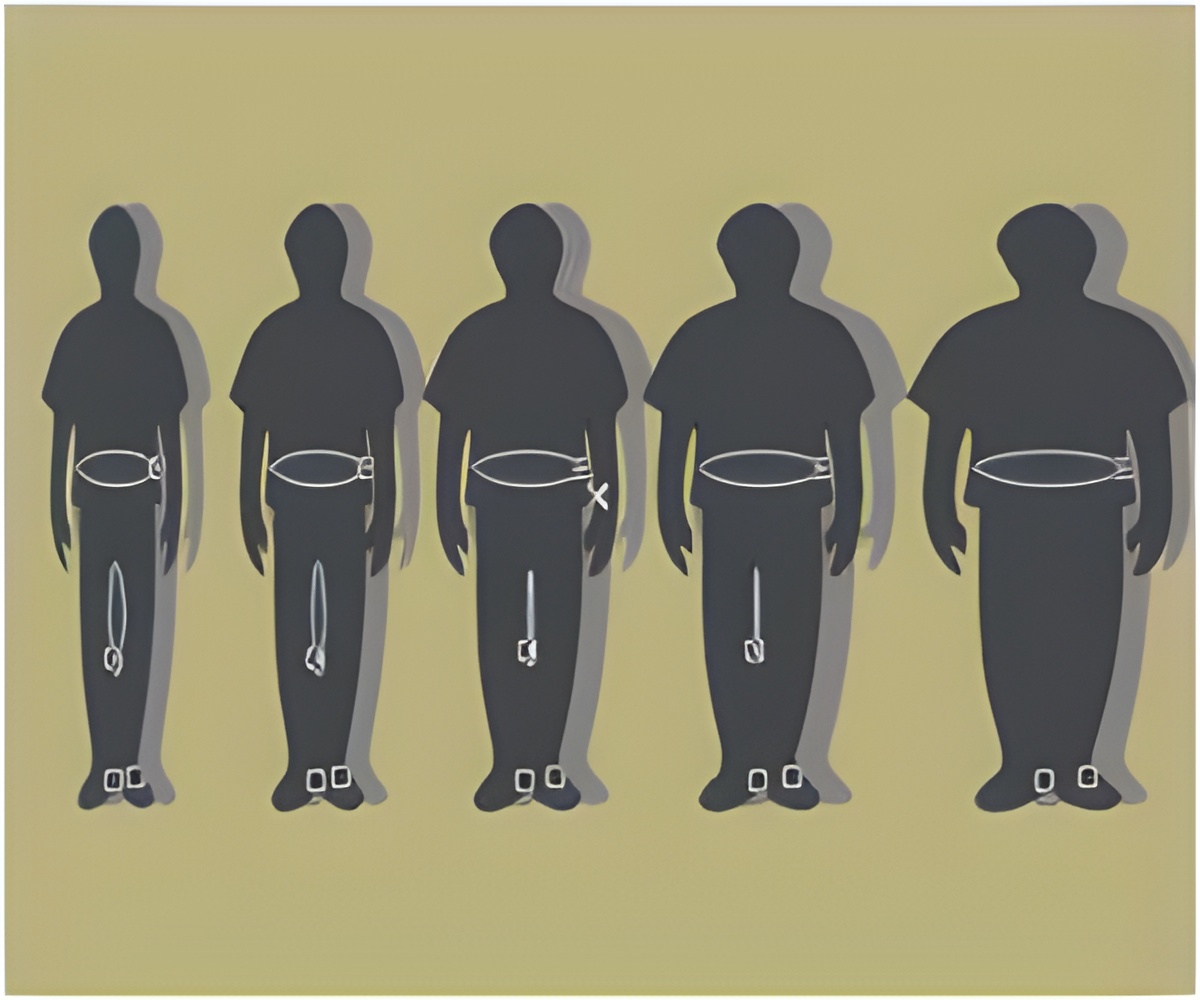A new study suggests that developing therapies that target brain areas responsible for memory and learning may help treat obesity and dementia.

Obesity, Memory Deficits and Lasting Effects It is widely accepted that overconsumption of dietary fats, sugar and sweeteners can cause obesity. These types of dietary factors are also linked to cognitive dysfunction. Foods that are risk factors for cognitive impairment (i.e., foods high in saturated fats and simple carbohydrates that make up the modern Western diet) are so widespread and readily available in today's food environment, their consumption is all but encouraged, Davidson said. Across age groups, evidence reveals links between excess food intake, body weight and cognitive dysfunction. Childhood obesity and consumption of the Western diet can have lasting effects, as seen through the normal aging process, cognitive deficits and brain pathologies. Several analyses of cases of mild cognitive impairment progressing to full-blown cases of Alzheimer's disease show that the first signs of brain disease can occur at least 50 years prior to the emergence of serious cognitive dysfunction. These signs originate in the hippocampus, the area of the brain where memory, learning, decision making, behavior control and other cognitive functions come into play.
Still, most research on the role of the brain in obesity focuses on areas thought to be involved with hunger motivation (e.g., hypothalamus), taste (e.g., brain stem), reinforcement (e.g., striatum) and reward (e.g., nucleus accumbens) or with hormonal or metabolic disorders. This research has not yet been successful in generating therapies that are effective in treating or preventing obesity, Davidson says.
Vicious Cycle Experiments in rats by Davidson and colleagues show that overconsumption of the Western diet can damage or change the blood-brain barrier, the tight network of blood vessels protecting the brain and substrates for cognition. Certain kinds of dementias are known to arise from the breakdown in these brain substrates. "Breakdown in the blood-brain barrier is more rationale for treating obesity as a learning and memory disorder," Davidson said. "Treating obesity successfully may also reduce the incidence of dementias, because the deterioration in the brain is often produced by the same diets that promote obesity." The "vicious cycle" model AU researchers put forth says eating a Western diet high in saturated fats, sugar and simple carbohydrates produces pathologies in brain structures and circuits, ultimately changing brain pathways and disrupting cognitive abilities. It works like this: People become less able to resist temptation when they encounter environmental cues (e.g., food itself or the sight of McDonald's Golden Arches) that remind them of the pleasures of consumption. They then eat more of the same type of foods that produce the pathological changes in the brain, leading to progressive deterioration in those areas and impairments in cognitive processes important for providing control over one's thoughts and behaviors. These cognitive impairments can weaken a person's ability to resist thinking about food, making them more easily distracted by food cues in the environment and more susceptible to overeating and weight gain.
"People have known at least since the time of Hippocrates that one key to a healthy life is to eat in moderation. Yet many of us are unable to follow that good advice," Davidson said. "Our work suggests that new therapeutic interventions that target brain regions involved with learning and memory may lead to success in controlling both the urge to eat, as well as the undesirable consequences produced by overeating."
Advertisement















